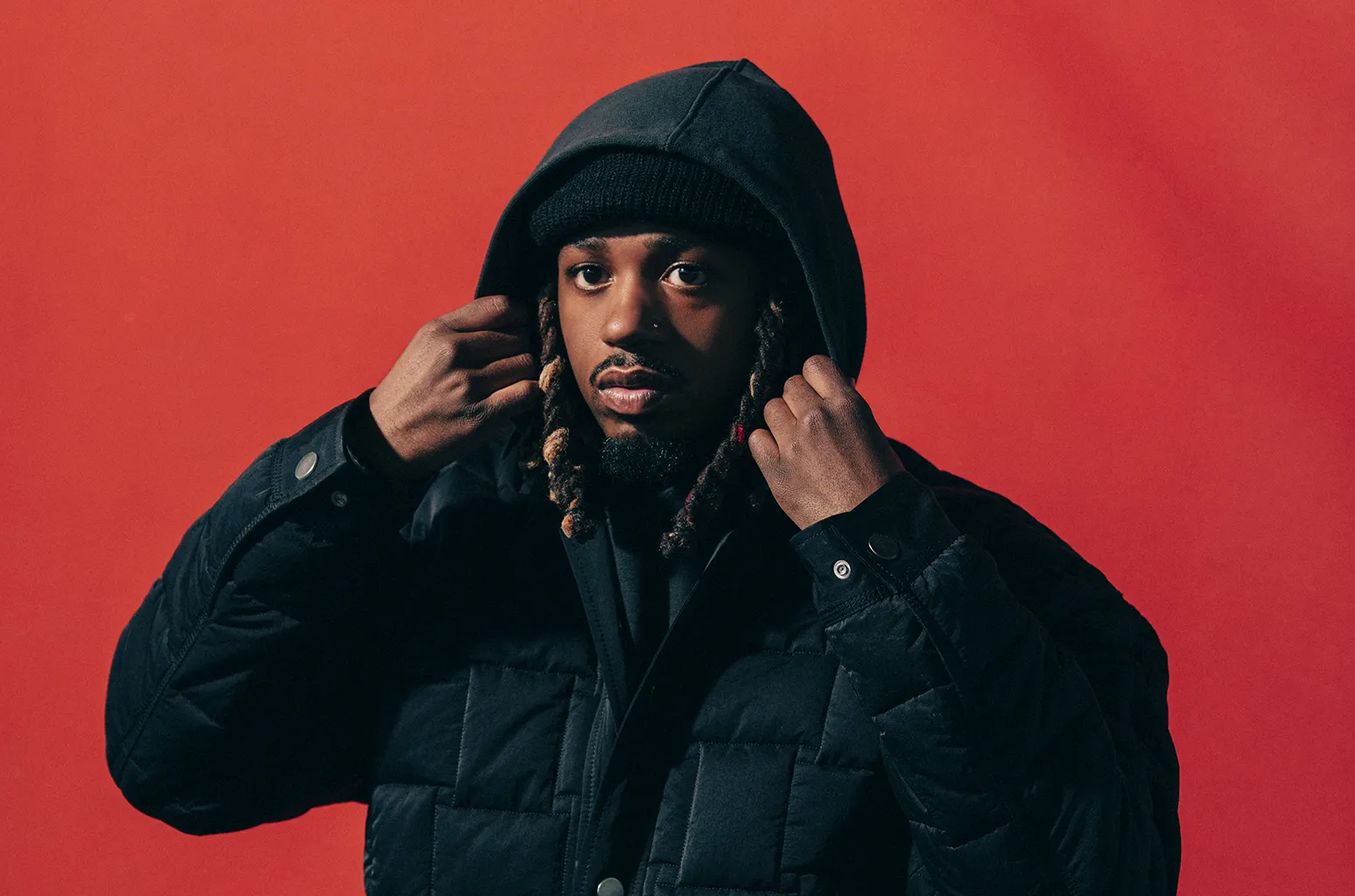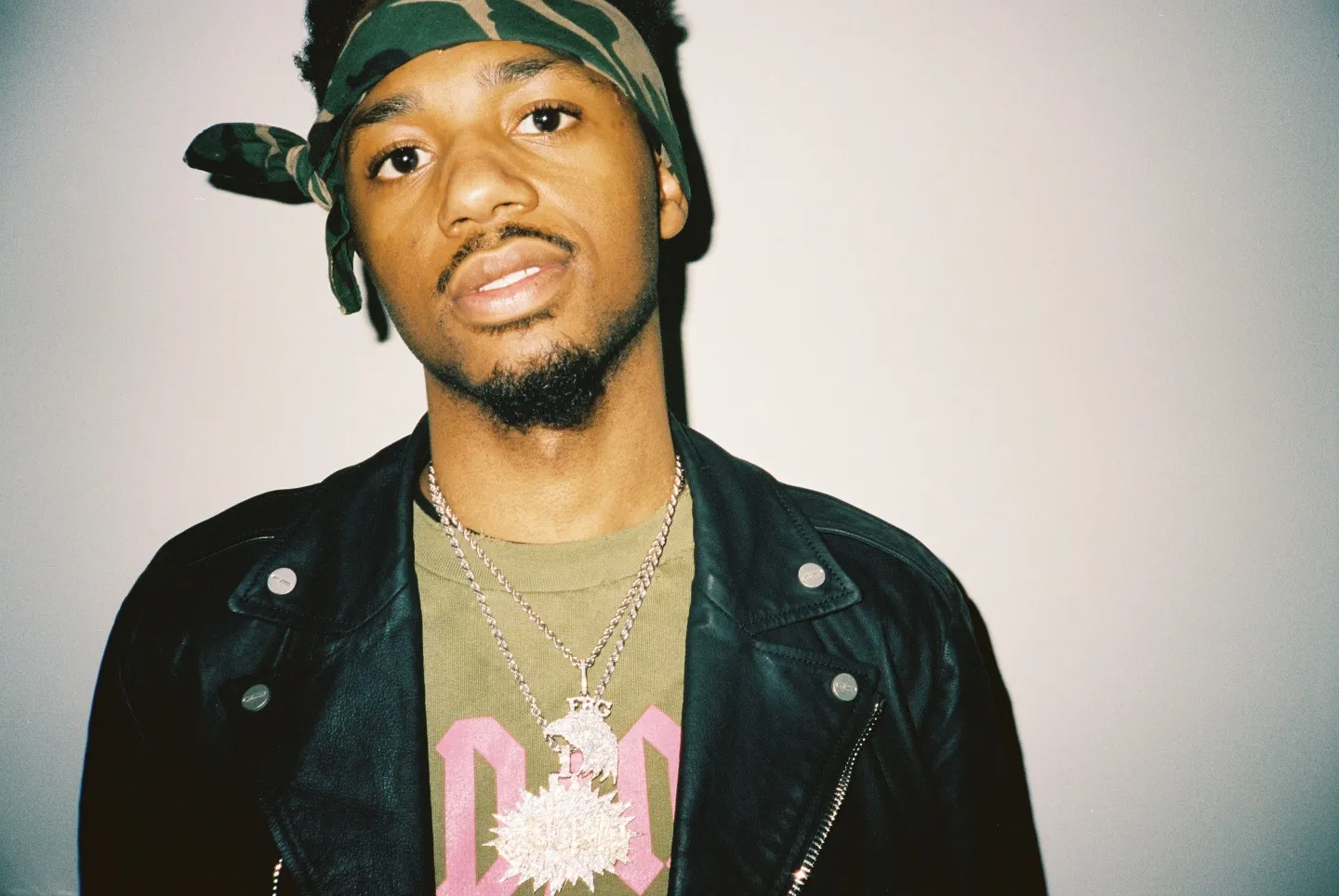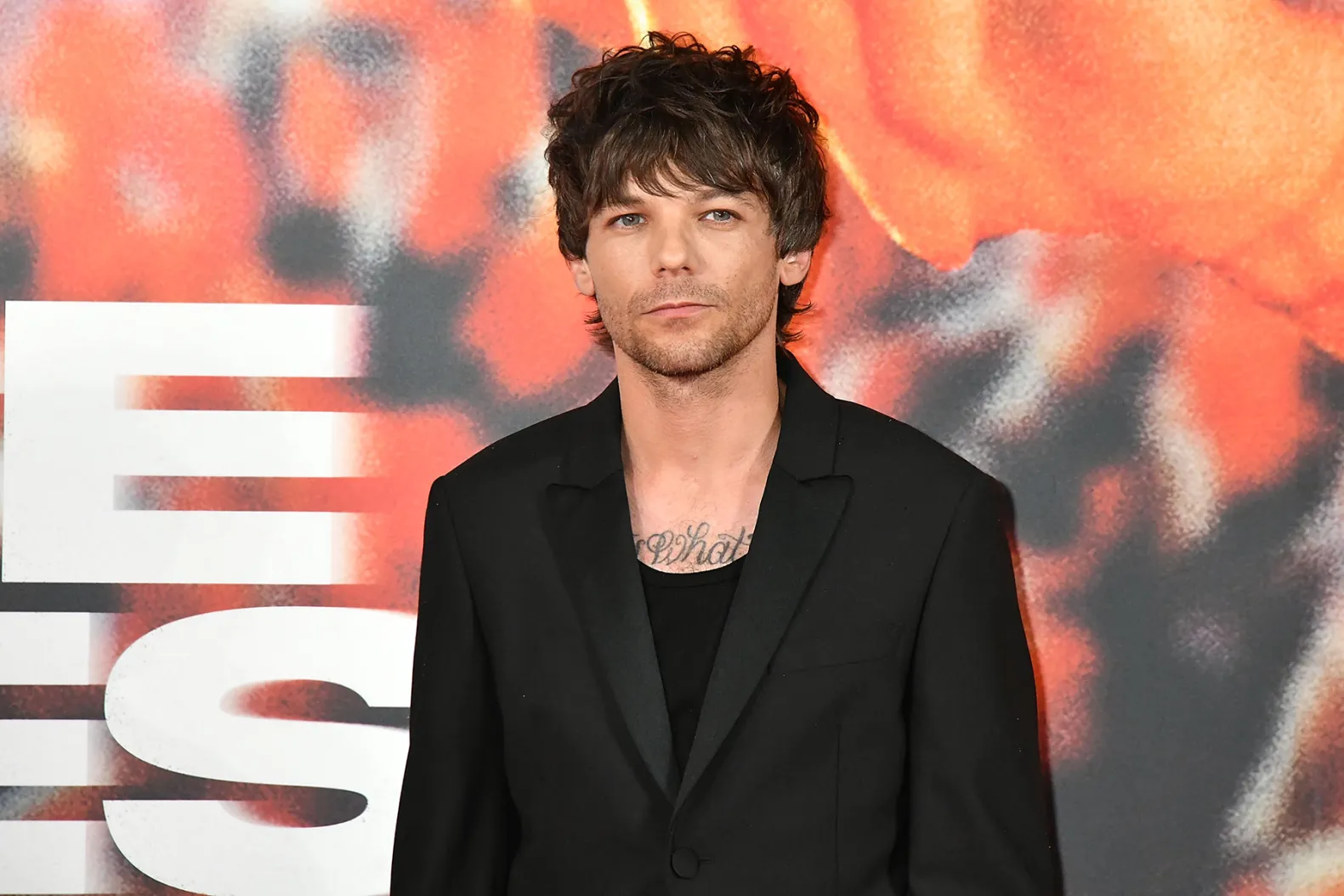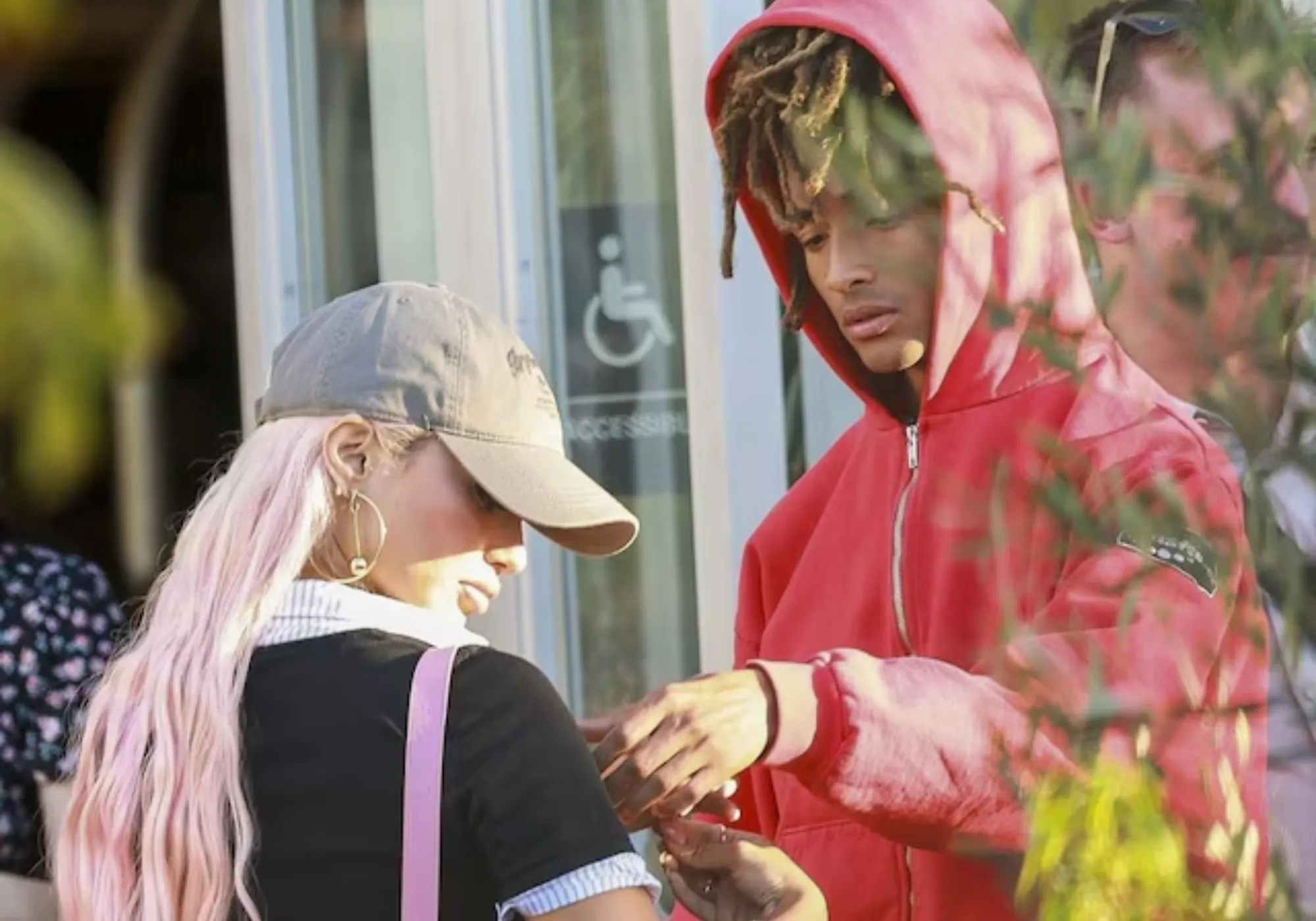

What Metro Boomin Said About Lil Wayne in Court Left Everyone Stunned
Superproducer Metro Boomin, known for shaping some of hip-hop’s biggest hits, is now facing the toughest battle of his career—one inside the courtroom. On the second day of his civil rape trial in Los Angeles, Metro Boomin took the stand and gave dramatic testimony that shocked those in attendance. He claimed that his sexual encounters with plaintiff Vanessa LeMaistre were consensual and went further to suggest that her late child was fathered by rap icon Lil Wayne.
The trial, which stems from allegations dating back to 2016, has attracted attention not only because of Metro’s star power but also due to the unusual and sensational details surfacing during testimony. Below, we break down the key developments, the testimonies from both sides, and what this case could mean for Metro’s reputation and future.
Who Is Metro Boomin and Why This Trial Matters
Metro Boomin, born Leland Wayne, is one of the most influential music producers of the past decade. He has crafted chart-topping records for 21 Savage, Future, Drake, Travis Scott, and The Weeknd, and has built a reputation as a hitmaker whose sound defines modern trap and hip-hop.
For years, Metro maintained a public image of professionalism and artistry. This civil trial, however, has forced fans and industry peers to confront a different side of the producer. With millions of dollars in damages being sought, the outcome could impact not only his finances but also his long-term career and legacy.
The Allegations Against Metro Boomin
Plaintiff Vanessa LeMaistre alleges that in 2016, after a night in which Metro gave her a half Xanax pill and a shot of alcohol to calm her anxiety, she fell asleep in a hotel room and awoke to Metro allegedly engaging in sexual activity without her consent.
She testified that:
-
She believed she was in a vulnerable emotional state, openly grieving the death of her nine-month-old son.
-
The incident allegedly led to a pregnancy and an abortion.
-
A verse in 21 Savage’s collaboration “Rap Saved Me”, produced by Metro, was allegedly mocking her experience.
Her lawsuit, filed years later, was prompted by what she described as a transformative ayahuasca ceremony in 2024, which she claims made her realize that the alleged assault was the root cause of years of trauma.
Metro Boomin’s Defense
On September 24, 2025, Metro Boomin testified in his own defense. He insisted that his encounters with LeMaistre were entirely consensual and that they had sex twice by mutual agreement.
He further claimed:
-
LeMaistre had previously made statements about dating Lil Wayne and believed his 2011 hit “How to Love” was inspired by her.
-
She suggested that her deceased child was fathered by Lil Wayne, not Metro.
-
Her lawsuit was motivated by what his legal team called a “drug-induced plan” to extort money.
His attorney, Lawrence C. Hinkle II, argued that the plaintiff’s claims evolved over time, pointing to text messages she allegedly sent Metro in 2017 and 2018 that read, “Meet me in DC” and “I miss u.” These messages, Hinkle contends, contradict her allegations of trauma.
The Role of Lil Wayne in the Testimony
One of the most headline-grabbing moments in this trial came when both parties referenced Lil Wayne.
-
LeMaistre testified that she and Wayne dated for ten months and that “How to Love” was about her.
-
The defense referenced an interview she gave years earlier to a South African outlet discussing her alleged relationship with Wayne.
-
Metro Boomin, in his testimony, claimed LeMaistre told him her child, who later died, was fathered by Lil Wayne.
The judge ruled the interview irrelevant to Metro’s defense, but the repeated invocation of Lil Wayne added another layer of drama to the courtroom proceedings.
The Ayahuasca Ceremony and Spiritual Claims
Perhaps the most unusual element of the trial is the plaintiff’s recounting of her ayahuasca experience in 2024.
According to LeMaistre:
-
The psychedelic ceremony led her to realize that the alleged assault by Metro Boomin was the “root of continual trauma, pain, and suffering.”
-
She wrote a letter afterward vowing to “blow the whistle on Metro Boomin” and “contact Cassie Ventura’s lawyer.”
-
She also claimed that during the ceremony, she channeled Metro’s late mother, Leslie Wayne—who was murdered in 2022—and said Leslie expressed disappointment in her son.
Metro reacted visibly in court, making a “cuckoo” hand gesture toward his legal team, which drew an immediate objection from LeMaistre’s attorney, Michael J. Willemin.
Financial Damages Sought
LeMaistre is seeking between $3.4 million and $3.7 million in damages. Her legal team argues that the alleged assault caused years of mental health struggles, grief, and financial hardship.
Metro’s defense paints her as a “woman scorned,” financially desperate, and attempting to exploit his fame and wealth. The stark contrast between the two narratives has created a tense and dramatic courtroom environment.
Public Reaction and Industry Implications
The case has drawn widespread attention on social media, with fans of Metro Boomin, 21 Savage, and Lil Wayne all weighing in. While some believe Metro is being unfairly targeted because of his success, others argue that the allegations reflect deeper issues within the music industry regarding power dynamics and accountability.
For Metro Boomin, the stakes are enormous. Beyond the potential financial penalties, his reputation as one of the most trusted producers in hip-hop could be damaged. Music executives, collaborators, and brands may tread carefully until the outcome of the trial is clear.
What Happens Next?
As the trial continues, the court will evaluate:
-
The credibility of both Metro Boomin and Vanessa LeMaistre.
-
Whether the alleged past relationship with Lil Wayne has any bearing on the case.
-
The impact of text messages and other evidence that may surface.
-
The extent to which the ayahuasca revelations are relevant in a legal setting.
The ruling could set a precedent for how courts handle civil cases involving celebrities, psychedelic experiences, and delayed allegations.
Conclusion
The Metro Boomin civil trial is more than just a legal proceeding—it’s a cultural flashpoint involving music, fame, grief, and credibility. His testimony that the encounters were consensual, coupled with the shocking claim about Lil Wayne allegedly fathering the plaintiff’s late child, has turned the trial into one of the most dramatic legal battles in recent music history.
Whether the court sides with Metro Boomin or Vanessa LeMaistre, the outcome will leave a lasting impact on both their lives—and on how fans perceive one of hip-hop’s most influential producers.




















